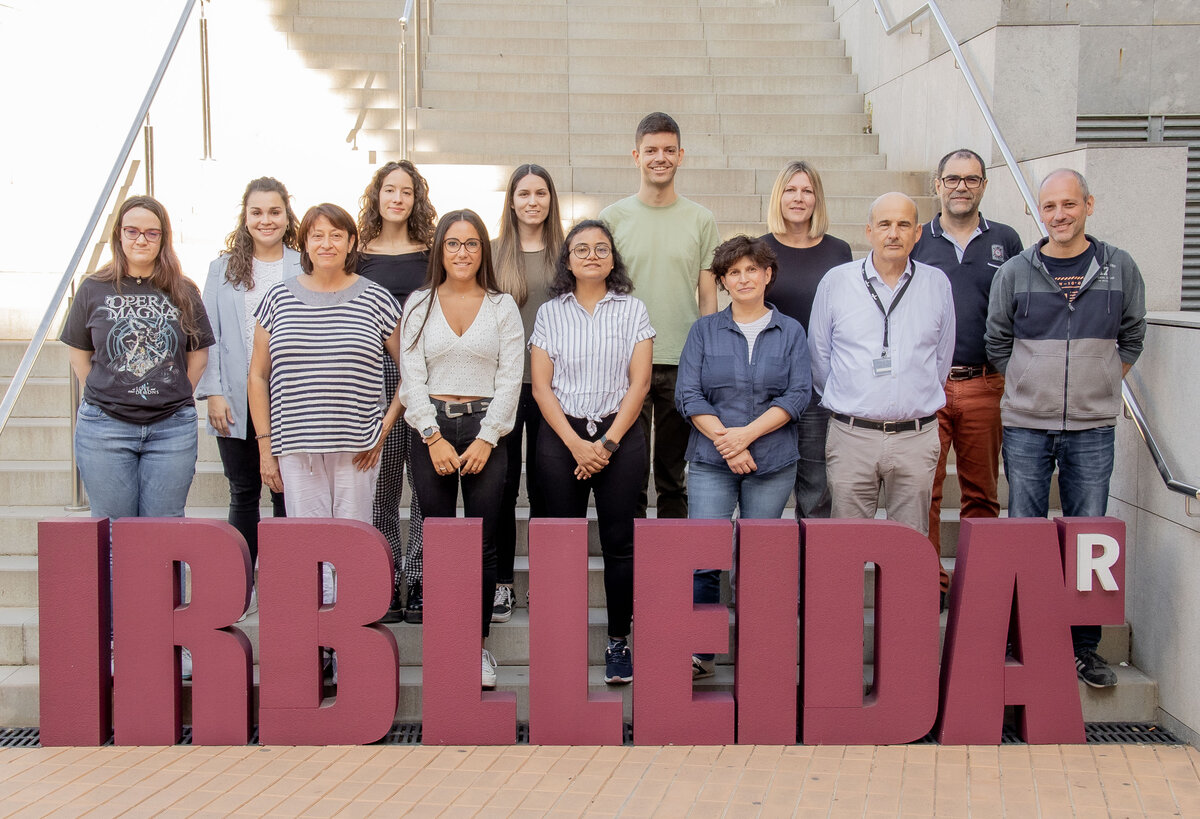Cell cycle

The core topic of the team is our interest in the regulation of the cell cycle and its intersection with processes of cell differentiation and oncogenesis. Our main research lines are:
The Smc5/6 complex and ubiquitin-like modifiers in chromosome organization
The organization of our genome requires the participation of three evolutionary conserved SMC protein complexes, known as cohesin, condensin and Smc5/6. SMC complexes are chromosomal ATPases capable of organizing loops of chromatin to shape chromosomes during transcription, replication and segregation. One peculiarity about the Smc5/6 complex is the presence of two subunits with RING domains, which signal other proteins through ubiquitin-like modifiers. In this research line we have three main objectives:
- to study the molecular mechanisms of Smc5/6 and ubiquitin-like dependent organization of chromosomes.
- to study the role of the Smc5/6 complex in fork remodeling during replicative stress in cancer cells.
- to study the regulation of Pol I by ubiquitination and its relation to anticancer Pol I inhibitors.
Functional relevance of non-canonical pathways of the Cyclin D1-Cdk4 complex.
Cyclin D1 (Ccnd1) is the regulatory subunit of the Cdk4 kinase, which regulates cell cycle entry and proliferation. The proliferative and oncogenic phenotypes of Ccnd1 are associated with RB1 regulation within the nucleus (canonical function). However, it is now clear that Ccnd1-Cdk4 also functions through cytoplasmic mechanisms (non-canonical) to control cell migration and invasion. In this research line, we have two main objectives:
- to study the relevance of non-canonical Ccnd1-Cdk4 pathway in metastasis. We are focused on the mechanisms controlling the survival of disseminated tumor cells.
- to study whether non-canonical and cytoplasmic Ccnd1-associated activity is involved in tissue differentiation. Specifically, we are working in the role of Ccnd1 in brain development and neuronal signaling.
Active ingredients to modulate the intestinal microbiota associated with obesity
The gut microbiota is a major contributing factor in several human diseases. Imbalance in microbial community (dysbiosis) due to pathological state or environmental factors leads to the progression of human diseases such as obesity, which may trigger certain forms of cancer and diabetes, among others. In this research we have two main objectives:
- to evaluate the impact of various active ingredients on intestinal health by studying the composition of the microbiota, using in vitro models.
- to analyze the effects of the consumption of active ingredients on the progression of obesity in animal models subjected to high-fat diets.






